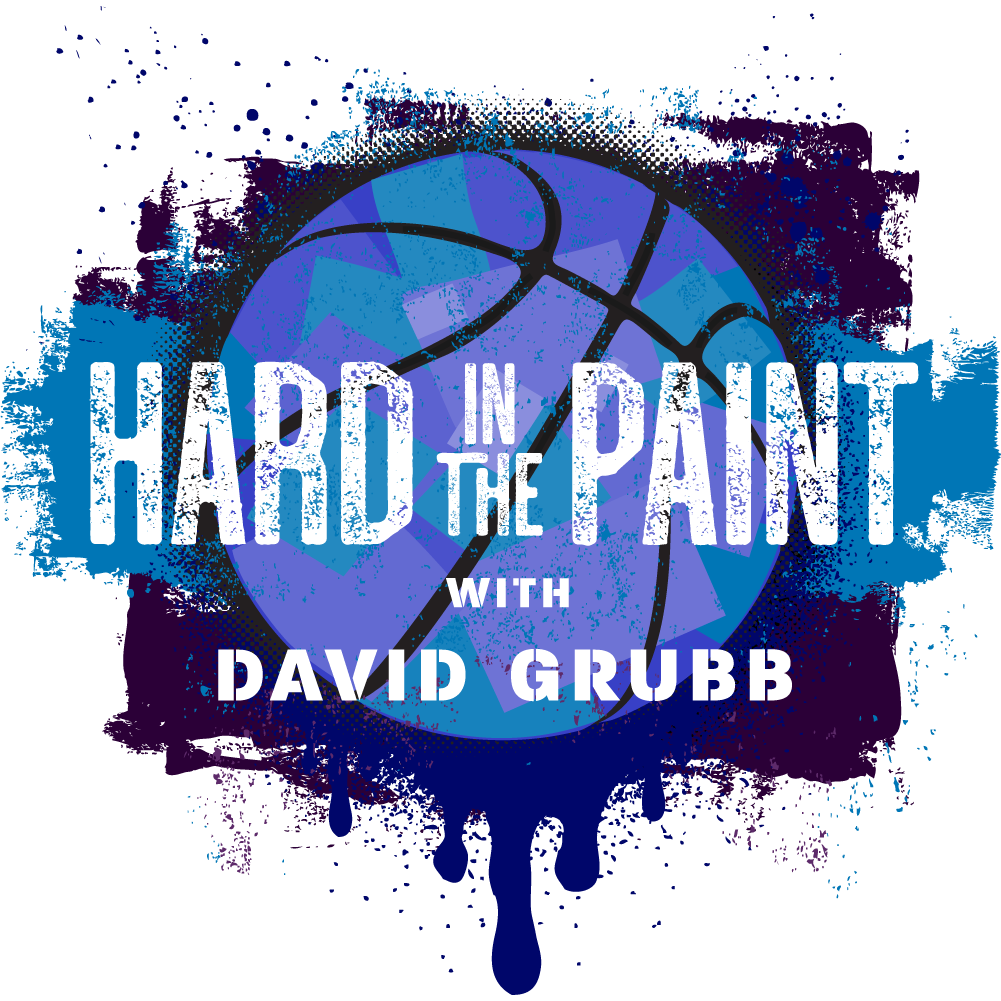
The LSU Tigers men’s basketball has had its share of great basketball moments and talents. The program is tied for tenth in NCAA tournament history with four Final Four appearances (1953, 1981, 1986, 2006).
The Tigers have three players enshrined in the Naismith Memorial Basketball Hall of Fame — Bob Petit, “Pistol” Pete Maravich, and Shaquille O’Neal, and each with their numbers hang from the rafters of the Maravich Assembly Center, along with two-time All-American Rudy Macklin.
One name, and one number, remain conspicously absent, and that’s the number 35 worn by Mahmoud Abdul-Rauf (Chris Jackson) from 1988-90.
When he arrived on the LSU campus after an amazing career at Gulfport (MS) High School, where he was a two-time Mr. Basketball and earned McDonald’s, Parade Magazine, and Dapper Dan All-America honors, the Tigers were coming off a disappointing 16-14 season.
The program had a very solid player in Ricky Blanton, but no “star.”
Jackson became a supernova.
In the years since the NCAA restored freshman eligibility in 1972, it’s hard to argue that any player had a better debut season than Chris Jackson. He announced his arrival when he scored 48 points in just his third game. A week later he dropped 50 on Florida, setting a Maravich Center record.
Words don’t do his game justice, but Jackson could do it all as a scorer. In the half court, he could break anyone down off the dribble. Standing barely 6-1, he could also cut back door for alley-oops. His between-the-legs dribble into a pull-up jumper was lightning quick, and just as electric.
By season’s end, he would set NCAA freshman records for total points (965), scoring average (30.2), and single game scoring (55), and become only the second freshman ever to be named an Associated Press First Team All-American.
The Tigers finished the season ranked 19th nationally, which would be their highest for the next decade.
The arrival of two other All-Americans his sophomore year, O’Neal and Stanley Roberts, did little to diminish Jackson’s incandescent brilliance. His scoring average fell by less than a single basket to 27.8 points per game the next season as he once again grabbed a spot on the All-America First Team.
In two years as a Tiger, Jackson’s teams went 43-21, making two NCAA tournament appearances.
Mahmoud Abdul-Rauf scored in double figures in 63 of his 64 games in purple and gold. He topped the 20-point mark 52 times, scored 30 or more 28 times, 40 or more 11 times, and posted four 50-point games.
With that resume, it makes no sense that nearly thirty years after he last played for the Tigers, he has never been properly honored by LSU.
There are some that may be adverse to celebrating his career after his conversion to Islam and his silent protests during the national anthem while playing in the NBA. Many of those same people miss the days when the Maravich Center was truly the “Deaf Dome.” No one who took the floor in that arena made it bigger or “deaf-er” than Abdul-Rauf.
While still remaining active as a basketball player with The Big Three, Abdul-Rauf has been recognized for his humanitarian work and social activism, and was named one of the 100 most influential NBA players ever by ESPN.
Those who coached him, played alongside him, and grew up admiring him, have nothing but the highest praise for the quiet man whose game spoke volumes.
“He had immaculate skills,” ESPN analyst Jalen Rose told ABC News last year. Rose was Abdul-Rauf’s teammate for two seasons with the Denver Nuggets. “His handle and quickness, ability top be herky-jerky. He was that player then.” “The legacy that (Abdul-Rauf) left is what every player that comes to LSU should aspire to reach for themselves.” – Former LSU point guard Randy Livingston
“The legacy that (Abdul-Rauf) left is what every player that comes to LSU should aspire to reach for themselves.” – Former LSU point guard Randy Livingston
Dale Brown, the greatest coach in LSU history and another person whose influence extends beyond the lines of a basketball court said of Abdul-Rauf in an interview with Sports Illustrated in 1989, “Somewhere along his life the good Lord reached down and touched him on the shoulder. He gave him special skills and He gave him a special attitude.”
“He’s a better human being than he is a basketball player,” Brown continued. “He’s almost too good to be true.”
“For those that weren’t able to see him play in college or in the NBA, I have not seen too many basketball players that can match is overall ability,” said Stanley Roberts, who was part of Abdul-Rauf’s recruiting class. “I’ve seen him demolish guys in both college and the pros.”
As a youngster growing up in New Orleans, future Tiger Randy Livingston, himself a two-time national Player of the Year during his prep career at Newman High School, watched Abdul-Rauf’s exploits with wide eyes.
“Mahmoud was my idol growing up and one of the many reasons I chose to attend LSU,” said Livingston, who played point guard at LSU from 1994-96 and served as an assistant coach with the Tigers during the 2016-17 season. “He is one of the best guards I have seen in my lifetime, and definitely deserving of having his jersey retired. The legacy that he left at LSU is what every player that comes to LSU should aspire to reach for themselves.”
In 2016, O’Neal wrote a letter to the LSU Basketball Jersey Retirement Nomination Committee. He left no question to his position on the matter, calling Abdul-Rauf “one of the greatest basketball talents I’ve ever been around and one of the greatest in college basketball history.” He ended his letter simply, stating “He earned it.”
He most certainly did, Shaq. He most certainly did.
